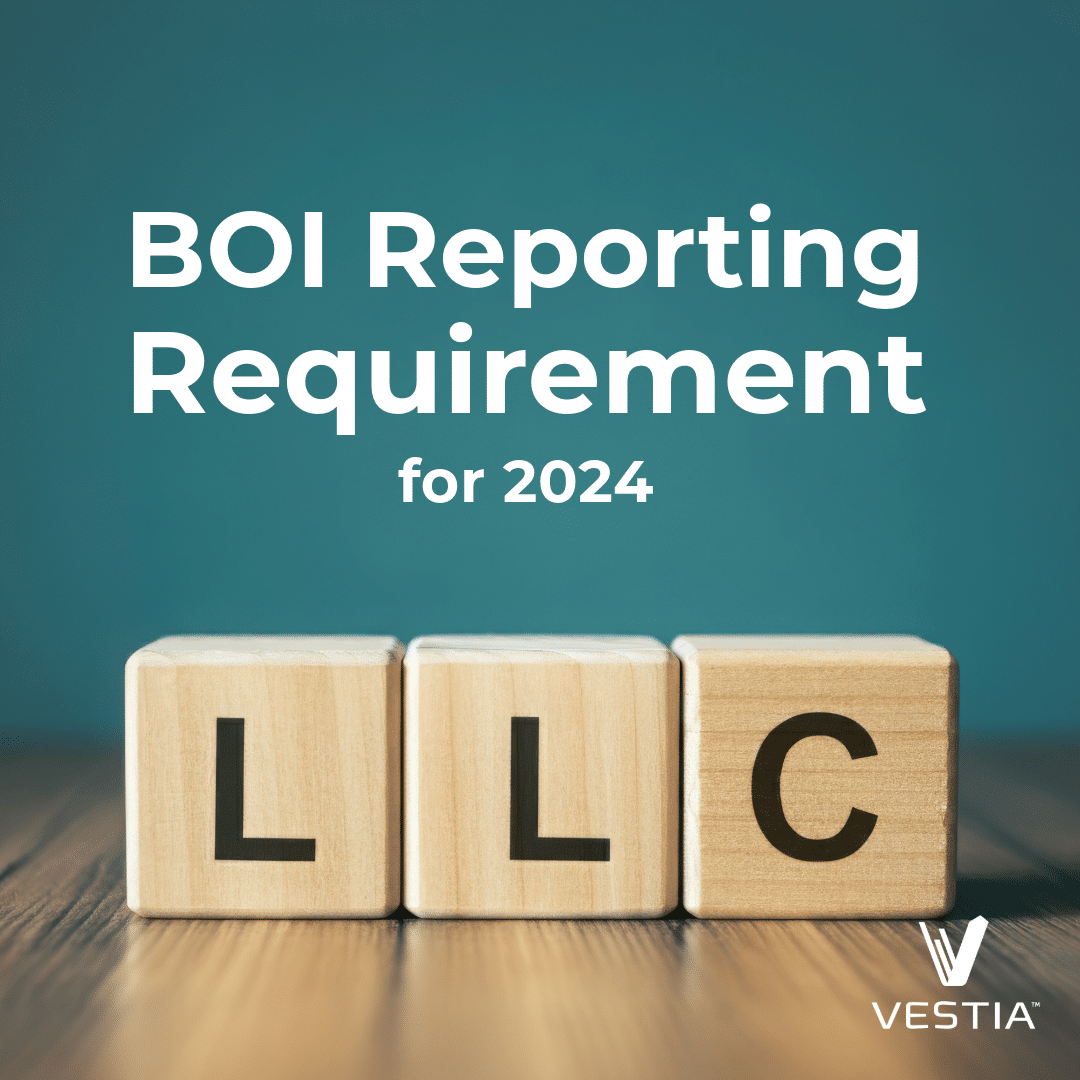Do high earners need a budget? The short answer—yes. The need for a budget doesn’t hinge on your pay stub. Instead, it’s about taking control of your finances and making every dollar work for you.
Here are our tips for physicians to build a budget that works.
Stop Budgeting and Start Cash-Flow Planning
An effective budget carefully tracks your spending i.e balancing what comes in and what goes out. But to do that successfully, you need time—a resource physicians don’t have in spades.
Instead of belaboring over a time-intensive budget, foregoing precious time with family and friends, start viewing your money in terms of cash-flow planning. This concept gives you a bird’s eye view of your finances, allowing you to take a high-level approach to your spending. If you have enough to both support your lifestyle and long-term goals, you likely don’t need to stress about where every penny goes.
Cash-flow planning encompasses three areas:
- Paying yourself (retirement, college, debt repayment, and other long-term goals)
- Living expenses (house, car, utilities, gas, groceries, child care, etc.)
- Discretionary or “fun” spending
Understanding these three areas (and their monthly limits) can help you feel comfortable living the life you want.
Where should any extra money go like a bonus or profit distribution? Some doctors may want to funnel most of it away for long-term goals whereas others may elect to put that in the discretionary fund. Your advisor can help you decide what’s best considering your pay structure, reliability of bonus payments, as well as your goals and lifestyle.
Cash-Flow Reflects Your Values and Priorities
Creating a cash flow plan should be a dynamic exercise. You’ll always have competing goals, each with different impacts on your bottom line, from retirement to debt management to saving for your kid’s education to buying a nice vacation house to renovating your dream home.
You and your advisor can work together to map out your cash flow and determine how these goals affect your balance sheet and what adjustments you may need to make to accommodate them.
Remember, there will always be trade-offs. Someone who wants to pay off their debt in 7 years will have different cash flow opportunities than someone who plans on paying it off in 15 or more years. Those choices affect available funds for other goals like retirement and lifestyle perks.
How To Track Your Cash (And How Much To Save)
Everyone will have different saving needs depending on their long-term goals, but as a general rule of thumb, we find doctors have the most success when they max out their employer retirement plans, then save 20% on top of that for retirement.
While that might sound like a lot, the key is making those savings automatic. As soon as you start a new position, elect to contribute the maximum amount per paycheck. That way, you build your cash flow plan on the remaining balance.
What if you can’t save that much? Start by getting as close to that benchmark as you can. If you’re feeling unstable about saving for long-term goals, consider tracking your expenses on a more granular level.
You can do this in several ways from apps like Mint and YNAB to excel sheets to a good old-fashioned pen and paper. This exercise is only helpful if you find it productive. Should it become a source of guilt or anxiety, return to a more high-level approach.
Who says you have to cut expenses to save more? Many doctors take alternative approaches to increase their income like negotiating for more pay, picking up expert witnesses gigs, or taking on pharma consulting work to pad the monthly cash flow.
Budget Example as New Doctor
We recently started working with a young physician couple who were seeking guidance on how much they could spend on a home after training. We started with a completely fresh slate to map out their various goals like financing their dream home, paying off student debt in 10-15 years, giving to causes they care about, and retiring by 60.
Our projections indicated that after saving for those goals, they’d have about $5,000 a month for discretionary spending. They were comfortable with that number, so we set them up on a savings schedule and automated those savings from the first paycheck.
A year later, they are living in their dream home and well on their way to achieving their other goals. Since they never got used to spending the full amount of their higher salaries, they could build their expenses from a smaller take-home pay right out the gate.
Budgeting Example Seasoned/Speciality Doctor
We work with doctors throughout each phase of their career and cash flow planning certainly changes as the years go by. Clients of ours, a physician, and his wife have three children in college and/or graduate school.
Prudent savers, they funded tuition for their kids but college brought several added expenses like summer housing, Greek life dues, spring break trips, cars for each child, plane tickets to and from school, as well as regular family vacations. After reading this list, it shouldn’t come as a surprise that their expenses increased dramatically since the children graduated from high school.
Knowing their cash flow as we did, we helped them reallocate resources to cover this additional demand on their spending. One way was temporarily decreasing long-term savings to create a generous “allowance” for each child per semester. This plan helped their kids learn cash flow management and gave them additional responsibilities to use their money wisely throughout the semester.
Building an “allowance” also helped our clients plan for a set amount of money annually as opposed to fielding phone calls about needing money for various trips and rent. Once the children finish school, we will ramp-up their long-term savings to keep them on track for their retirement goals.
We helped them dynamically adjust to this new season of their life in a productive manner that still kept them on track for their long-term needs.
If you’d like to talk about your cash-flow plan, set up a time to talk with our team today.
Investment advisory services offered through Vestia Personal Wealth Advisors, Vestia Retirement Plan Consultants, and Vestia Advisors, LLC. Securities offered through Ausdal Financial Partners, Inc., 5187 Utica Ridge Rd, Davenport, IA. 52807 (563)326-2064. Member FINRA/SIPC. Vestia Personal Wealth Advisors, Vestia Retirement Plan Consultants, Vestia Advisors, LLC, and Ausdal Financial Partners, Inc. are independently owned and operated.
This material is intended for informational purposes only. It should not be construed as legal or tax advice and is not intended to replace the advice of a qualified attorney or tax advisor. This information is not an offer or a solicitation to buy or sell securities. The information contained may have been compiled from third-party sources and is believed to be reliable.



